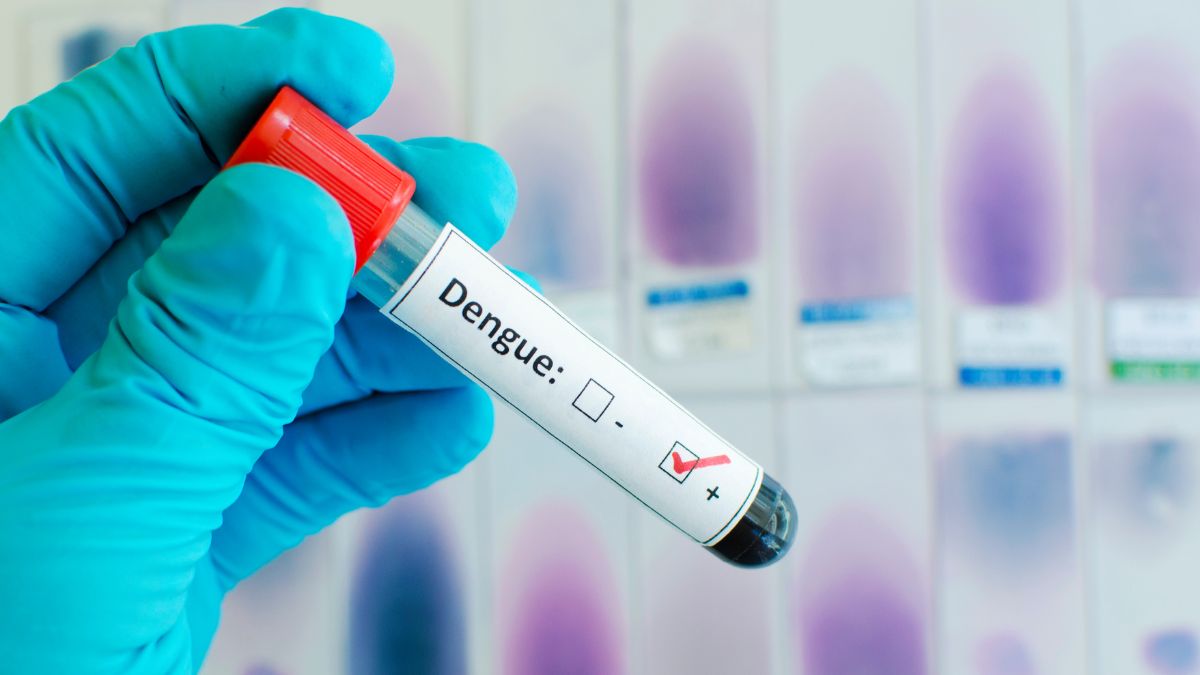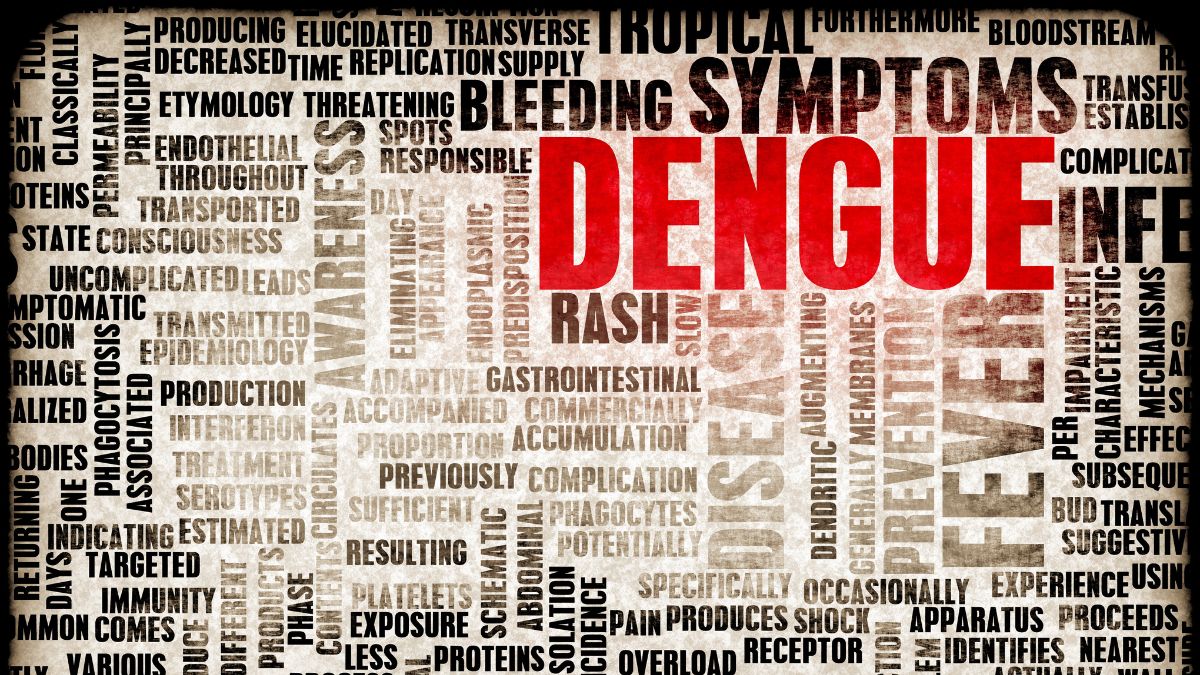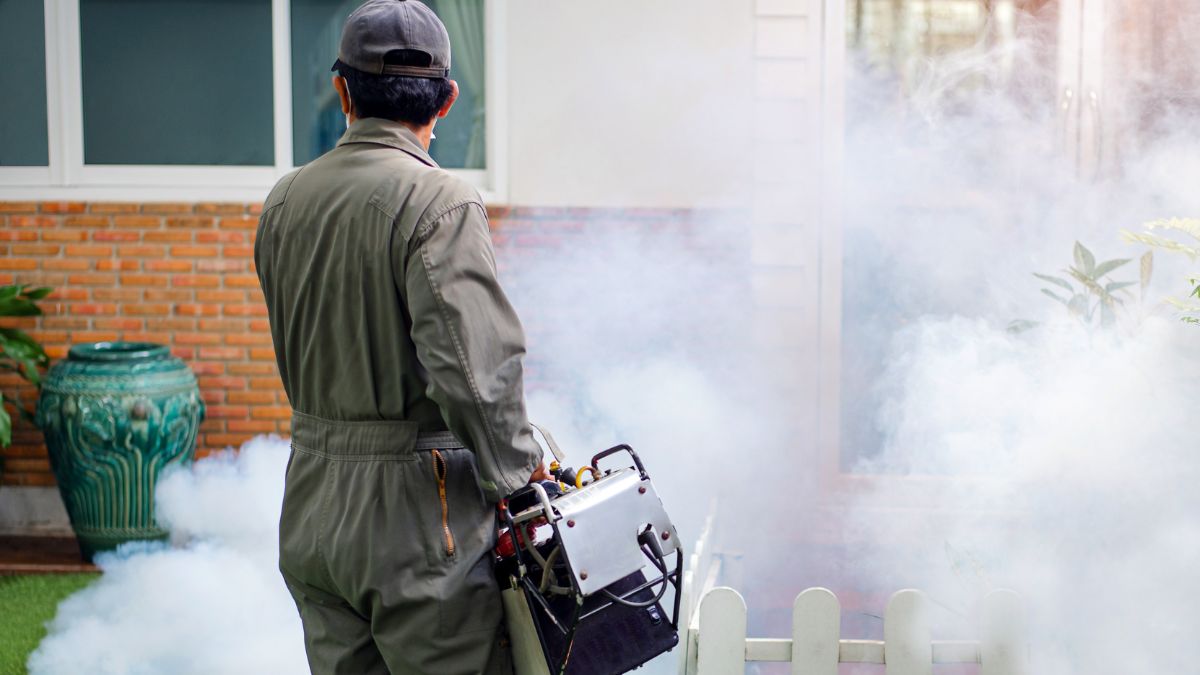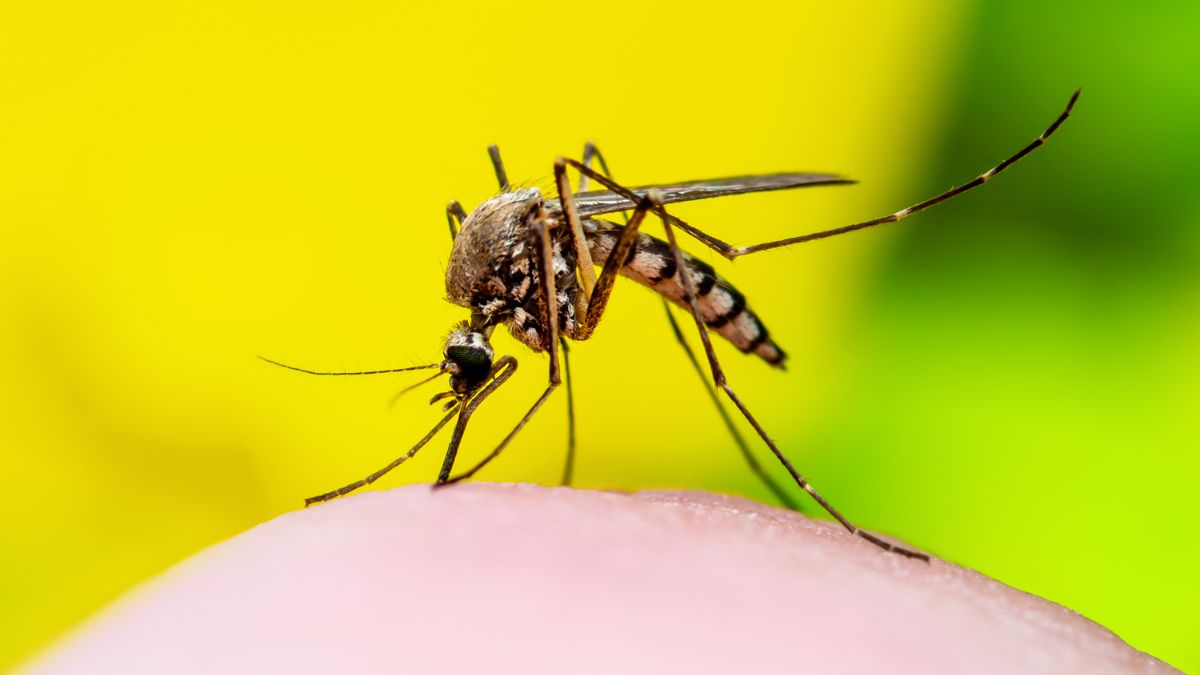- By Priyanka Munshi
- Tue, 25 Jul 2023 10:43 AM (IST)
- Source:JND
Dengue fever, often known as breakbone fever, is a viral ailment transmitted by mosquitoes to humans. Dengue fever is more prevalent in tropical and subtropical climates. Most people who contract dengue have no symptoms. However, for those who do, the most common symptoms are body aches, nausea, rash, high temperature, and severe body aches and headaches.

While some people recover from dengue fever in one or two weeks, others develop severe conditions and require hospitalization. Not only that, but dengue can be fatal in certain circumstances. According to the World Health Organization, the following are some of the symptoms that can occur 4 to 10 days after being infected with the virus and can last up to 2 to 7 days. A high fever, severe headache, discomfort behind the eyes, muscular and joint pains, nausea, vomiting, swollen glands, and a rash are all symptoms.
Also Read: Eye Flu Cases Rise Amid Floods In India; Know Causes, Symptoms And Preventive Measures

While some people are more susceptible to severe dengue, the symptoms of severe dengue include severe abdominal pain, persistent vomiting, rapid breathing, bleeding gums or a bleeding nose, fatigue, restlessness, blood in vomit or stool, being very thirsty, pale and cold skin, and feeling weak.
Also Read: World IVF Day 2023: 5 Risk Factors That You Should Know Before Opting For This Fertility Procedure
Aspirin, Ibuprofen, and Diclofenac are examples of non-steroidal anti-inflammatory drugs (NSAIDs) that should not be sold without a prescription from a regular doctor, according to a letter by Delhi government's Department of Drugs Control to the president of the All Chemist Associations of Delhi. In the letter, controlling authority official KR Chawla claimed that there is a chance that the number of cases of vector-borne diseases will rise as a result. According to doctors, individuals with vector-borne infections risk dying if such medications are used in an unsupervised manner.

KR Chawla claimed "They (chemists) are also advised to keep records of stocks of painkiller drugs falling under this category. Strong action will be taken against retail chemists found flouting this advice."
What Are The Treatments For Dengue?
According to the World Health Organization, dengue fever is usually treated at home with pain relievers. The easiest way to avoid acquiring dengue is to avoid mosquito bites, and there is no specific therapy for dengue; the focus is solely on the discomfort symptoms. Acetaminophen (paracetamol) is a common pain reliever. Nonsteroidal anti-inflammatory medicines (NSAIDs) such as ibuprofen and aspirin should be avoided since they can increase the risk of bleeding. There is also a vaccine called Dengvaxia, which is intended for people who have had dengue at least once and reside in areas where the disease is frequent. However, all people suffering from acute dengue fever require rapid hospitalization.

